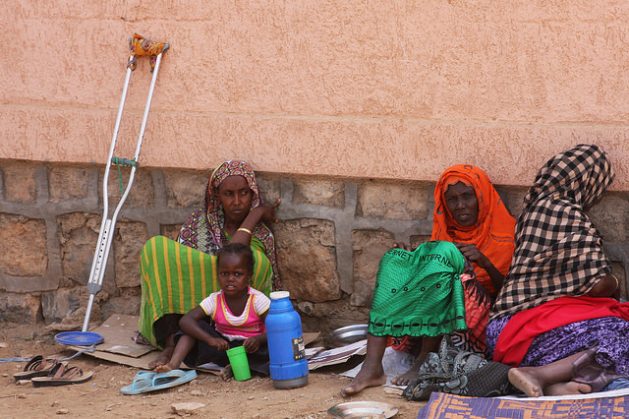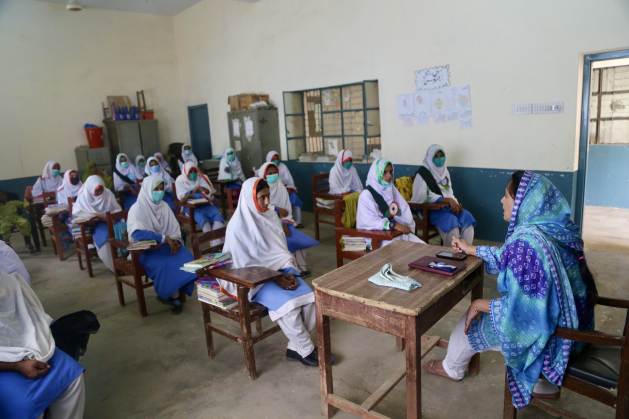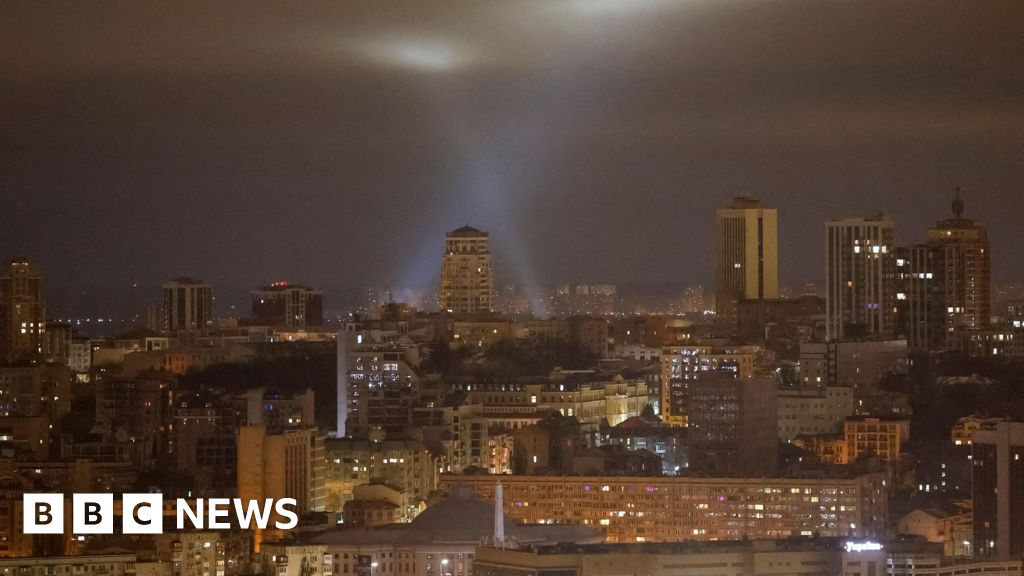International Systems Are Key for Ethiopia’s Security and Development Amidst Renewed War — Global Issues
ADDIS ABABA, Aug 23 (IPS) – Less than a year since warring parties in Ethiopia signed a peace agreement, the country is on the brink of renewed bloodshed following escalating hostilities between government forces and the Fano militia in the Amhara region.
Government forces accuse the militant group of plotting a coup; while the militia maintain their marginalization in the post-war reconstruction arrangements including the peace process itself. Additionally, conflict in the Oromia region remains active and unresolved.
As the poignant African adage goes, when mighty elephants fight, the grass gets trampled. Indeed, the common Ethiopian continues to get caught in the crossfire. They suffer the deleterious effects of a brutal conflict on all sectors of the economy including health. Unless a long-term solution is found, post-war reconstruction efforts in the past 9 months will be negated.
The Ministry of Health in collaboration with development partners had begun rebuilding health infrastructure and resourcing facilities. These include the rehabilitation of 69 hospitals and 709 health centers. The destruction of these facilities is imminent if hostilities between parties to the conflict continue to escalate.
Today, there are still tens of thousands of people in need of health services including surgical interventions from the previous war that left almost 600,000 people dead.
My recent visit to Tigray and Afar regions helped me see firsthand the current reality regarding the dire need for surgical services emanating from conflict. At Ayder Comprehensive Specialized Hospital, I met 9-year-old Selam* (not her real name) who is suffering leg bone fractures and an open wound on her knee. She is a blast survivor. Unable to extend her leg due to immense pain, she had to limp her way to the hospital using two canes taller than her height. It took her two years to make it to the hospital due to the long distance and transportation costs. Sadly, she must still wait for hospital admission as the waiting list is very long.
For Selam and patients like her, the next best time to provide surgical care to restore functionality to their limbs and improve their shot at returning to school is now. There is a potential to leave tens of thousands disabled if they do not access surgical services and associated therapies. Yet, these disabilities are preventable.
In Mekelle – the regional capital of Tigray, unpublished health and regional administration records show that there are over 20,000 patients waiting for plastic and orthopaedic surgery from injuries sustained in the previous war. Compare this to the supply-side that points to only two plastic and reconstructive surgeons available to cover the demand.
With their current weekly surgical output, it is going to take 8-10 years to provide much-needed surgery to all their patients. These depressing statistics will only get worse if a lasting resolution to the conflict in other parts of the country is not urgently arrived at.
Additionally, surgical care for congenital anomalies – including cleft conditions- have long been relegated since the COVID-19 pandemic hit as most elective surgeries were pushed back. Furthermore, the previous conflict in Tigray made them less priority as the health system faced a total collapse and every effort was directed towards emergency trauma care.
At one Hospital alone – Ayder, there are over 500 registered cleft patients waiting for surgery. The hospital has recently restarted providing cleft correction surgeries. However, the workforce is overstretched, and stockouts of essential supplies hamper their ability to provide the services at scale. With the new outburst of hostilities in Amhara and unresolved conflict in Oromiya, this situation is set to worsen.
In the previous Tigrayan war that spilled over to other parts of the country, sexual and gender-based violence was highly reported. There are often breakdowns of social and legal protections in conflict situations. Consequently, perpetrators take advantage of vulnerable women and children.
In fact, United Nations investigators reported that rape was used a weapon of war. This has far-reaching negative health repercussions including mental health disorders. If this new war between the federal government and the Fano militia is not curtailed, the human cost, particularly borne by women and girls, could be even worse than previous conflicts.
Moreover, conflicts result in the disruption of health systems and delivery, resulting in preventable morbidity and mortality. The lack of well-resourced health facilities also increases the chances of maternal complications such as obstetric fistula that require surgical interventions.
Additionally, consider the long distances that pregnant women are forced to cover due to the destruction of their nearest health facilities. This exerts negative pressure on their physiological and psychological health. Furthermore, the long transit exposes them to added risks emanating from the breakdown of peace and security.
It is a depressing situation. It is important that the federal government and regional administrations in areas that are experiencing peace, prioritize access to health services as a matter of urgency. This prioritization is not only towards catering for the healthcare needs of their populations but also in response to the increased demand from conflict-affected areas including surgical care.
It could be argued that singling out the health sector as a priority for domestic investment is not realistic given the limited resources available to the government for security and the operation of other sectors of the economy.
However, ensuring health is the foundation of efforts to rebuild a functional society that can work towards comprehensive national development.
Therefore, the Ethiopian government must leverage international systems and structures to mobilize external investment for healthcare, including quality and safe surgical care. A good starting point would be right at home with the African Union (AU). The AU has the power and influence to marshal financial and diplomatic support for its host country.
Secondly, the United Nations must step up to its role in this crisis. In September, world leaders convene in New York for the Sustainable Development Goals (SDGs) Midpoint Summit. To fulfil these goals by 2030, the UN must act on its clarion call of leaving no one behind by ensuring that seemingly challenged nations like Ethiopia that are deep in a poly-crisis are brought along. This can be done by facilitating neutral party-led talks with the government and the rebels.
Additionally, the United States as a key governmental partner whose geopolitical interests in Ethiopia are vast and have long been secured must be reciprocal with goodwill in this time of need. However, the onus remains on the government towards preventing a total collapse of the peace and its attendant consequences.
Ethiopia cannot do it all on its own.
All parties to the current conflict have a responsibility to respect international humanitarian law and the right to health. Above all it is not long ago that we have seen the power of dialogue to peacefully resolve conflicts in Ethiopia. In the same vein, the peaceful resolution for the renewed conflict has importance going beyond the health care and surgical services. Without this, innocent civilians will continue to suffer preventable injury and deaths.
Abdo Husen is a Program Coordinator at Operation Smile Ethiopia and a Global Surgery Advocacy Fellow
© Inter Press Service (2023) — All Rights ReservedOriginal source: Inter Press Service
Check out our Latest News and Follow us at Facebook
Original Source







